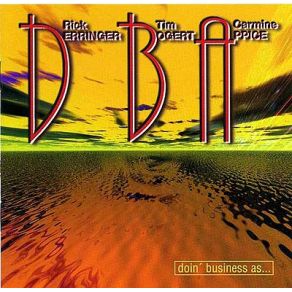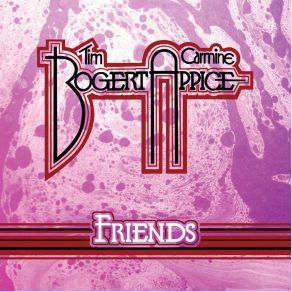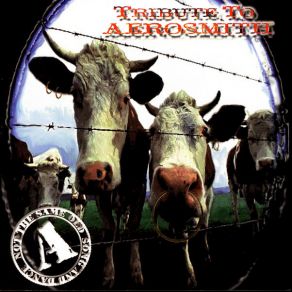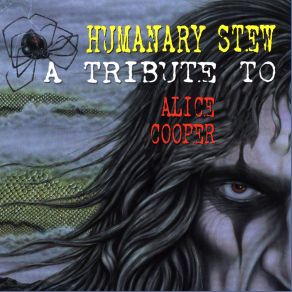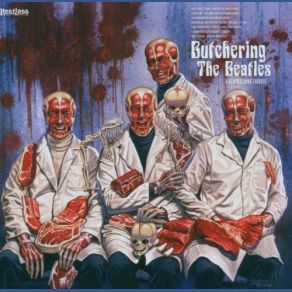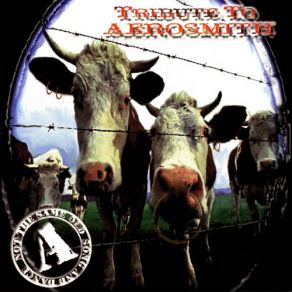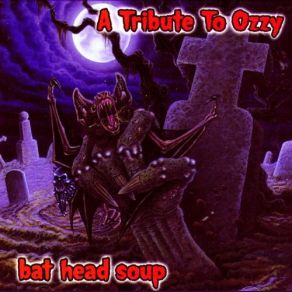Tim Bogert
Wikimp3 information about the music of Tim Bogert. On our website we have 3 albums and 6 collections of artist Tim Bogert. You can find useful information and download songs of this artist. We also know that Tim Bogert represents Rock genres.
Biography
[Edit]One of hard rock's most respected bassists remains Tim Bogert, due to his influential work with such notable late-'60s/early-'70s outfits as Vanilla Fudge, Cactus, and Beck, Bogert & Appice. Born on August 27, 1944, in New York City, Bogert developed an interest in music at an early age, taking up piano at the age of eight, and saxophone five years later. After relocating to New Jersey, Bogert played sax in a local band called the Belltones, which later evolved into the Chessmen. The group was soon taken under the wing of disc jockey Allen Fredericks, who landed Bogert and company shows backing up such doo wop bands as the Shirelles, the Crest, the Earl, and the Doves. The sax became expendable in the group once surf music and the British Invasion hit in the early '60s, leading Bogert to switch to bass guitar.
Bogert then joined a number of forgotten local bands in the New York City area, during which he met keyboardist/vocalist Mark Stein in 1965. The pair decided to form a group on their own, resulting in the formation of the Pigeons with additional members Joey Brennan (drums) and Vince Martell (guitar). After an obscure album came and went (While the World Was Eating), the Pigeons replaced Brennan with Carmine Appice, focused on a more hard rock/psychedelic musical direction, and changed their name to Vanilla Fudge. 1967 saw the release of Vanilla Fudge's classic self-titled debut release, which spawned a massive hit single with a cover of a slowed-down and rocking version of the Supremes' "You Keep Me Hanging On." Bogert and Appice quickly became one of the strongest rhythm sections of hard rock, as the duo progressed technically with each successive Vanilla Fudge release — 1968's The Beat Goes On and Renaissance, 1969's Near the Beginning, and 1970's Rock & Roll — before the group's breakup.
Realizing that they had a good thing going, Bogert and Appice opted to remain together, and put together preliminary plans to join forces with guitarist Jeff Beck and singer Rod Stewart in a new outfit. But Beck was involved in a serious auto accident shortly thereafter, which effectively killed off the group before they could even get going. Bogert and Appice then formed the short-lived boogie band Cactus, with ex-Mitch Ryder & the Detroit Wheels guitarist Jim McCarty and ex-Ted Nugent/Amboy Dukes singer Rusty Day taking the respective places of Beck and Stewart. Although the group issued four albums in the span of only two years (1970's self-titled debut, 1971's One Way...Or Another and Restrictions, plus 1972's 'Ot n' Sweaty), Cactus failed to break through commercially, leading to their split up as well.
With Jeff Beck having recovered from his nearly fatal accident, the guitarist was finally well enough to sign on with Bogert and Appice (Stewart opted to stick with the Faces and his burgeoning solo career); leading to the formation of the appropriately titled power trio, Beck, Bogert & Appice. The hard rockin' outfit scored a rock radio hit with a beefed up cover of Stevie Wonder's "Superstition," as the group issued a self-titled debut in 1973. The trio proved to be even more powerful in a live setting, as evidenced by the Japan-only release Live, but the band split up before a sophomore release could be completed. After the group's split, Bogert relocated to Los Angeles and then England, before focusing primarily on studio work; playing on such albums as Jan Akkerman's Tabernakel, Bo Diddley's The 20th Anniversary of Rock & Roll, Michael Quatro's Dancers, Romancers, Dreamers & Schemers, Boxer's Absolutely, Marcus' self-titled debut, and Rod Stewart's Foolish Behaviour.
Upon returning back to Los Angeles in the early '80s, Bogert joined up with Bobby & the Midnites, the side project of the Grateful Dead's Bob Weir. Despite touring with the group, Bogert was long gone before the release of the band's self-titled debut a year later, replaced by Alphonso Johnson. 1981 saw Bogert tour alongside guitarist Rick Derringer, in addition to releasing his very first solo album, Progressions. A sophomore solo effort, Master's Brew, followed in 1983, as did a Vanilla Fudge reunion along with Appice, Stein, and Martell, resulting in an all-new studio album the same year, Mystery. Around the same time, Bogert became a faculty member at the Musician's Institute in Hollywood, where he served for a total of 18 years. Bogert returned to session work in the '90s, including the Ben Schultz Band's Triality, Pata's self-titled release, and Jack Russell's Shelter Me. In early 1999, Bogert was inducted into the Hollywood Rock Walk of Fame along with such other bass notables as Billy Sheehan, Tony Levin, Larry Graham, Bootsy Collins, and Stanley Clark. The same year, Bogert reunited with his old pal Appice in a pair of projects: first a semi-Vanilla Fudge reunion with Martell; and a new power trio project with Japanese guitarist/Jeff Beck-disciple Char, under the name of Char, Bogert & Appice (issuing the album Live in Japan). The reunion of Bogert and Appice continued into the 21st century, as they formed yet another power trio with Rick Derringer, and issued an album in 2001, DBA (credited to Derringer, Bogert & Appice), in addition to touring once more as Vanilla Fudge.
Title: The Sky Is Falling
Artist: Rick Derringer, Tim Bogert, Carmine Appice (DBA)
Genre: Rock, Blues Rock, Hard Rock, Rock & Roll, Heavy Metal, Pop
Collections
Title: Tribute to Aerosmith: Not the Same Old Song and Dance
Genre: Rock, Hard Rock, Heavy Metal, Pop
Title: Bass Heroes
Genre: Rock
Featuring albums
Title: Beckology
Artist: Jeff Beck
Genre: Blues, Jazz, Rock, Blues Rock, Hard Rock, Rock & Roll, Heavy Metal, Country, Pop, Psychedelic
Title: Pure Fire - the Ultimate Kiss Tribute
Artist: Various Artists
Genre: Rock, Hard Rock, Punk Rock, Heavy Metal
